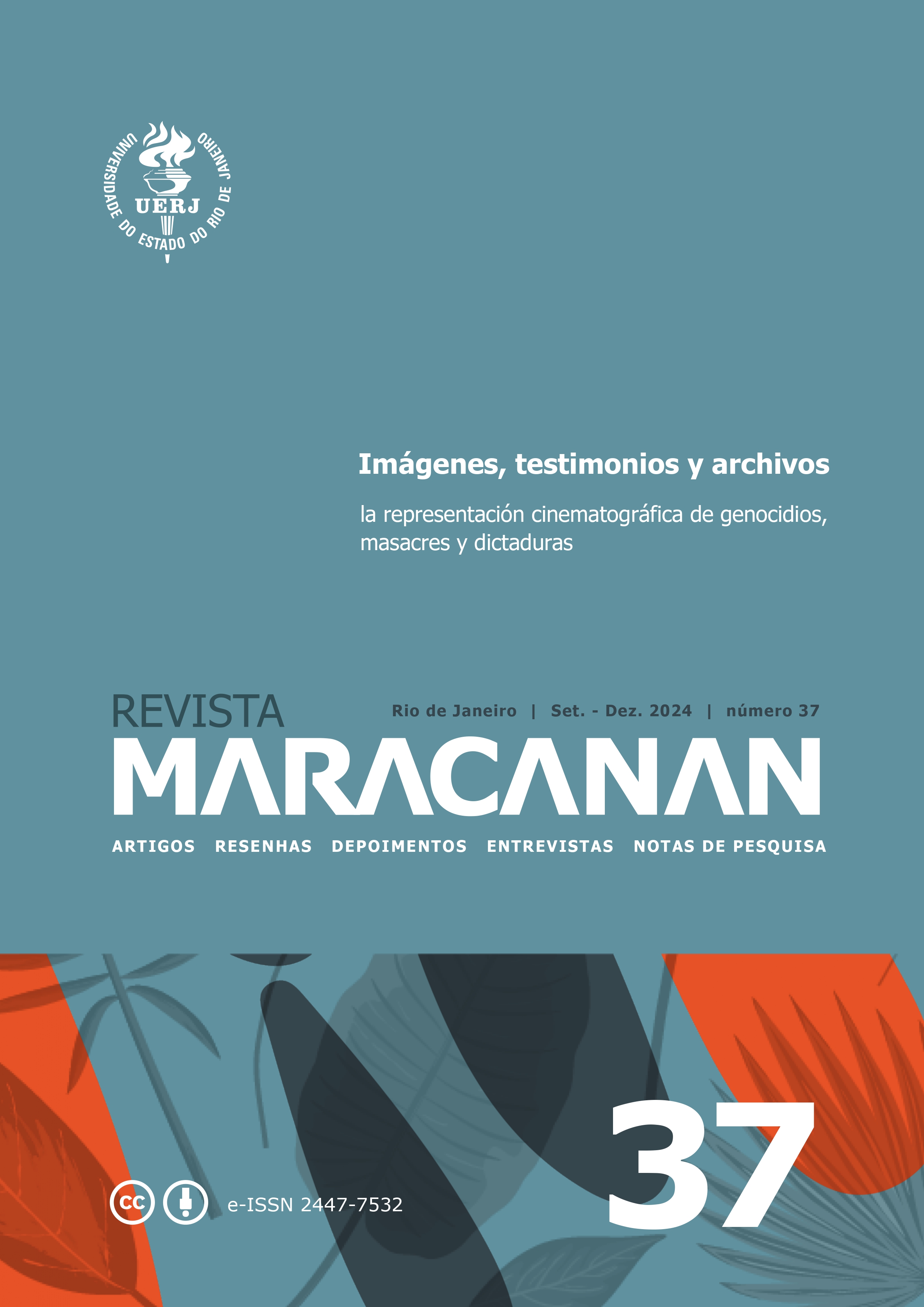60 anos do golpe de 1964 | Entrevista com Fernando Perlatto Bom Jardim
DOI:
https://doi.org/10.12957/revmar.2024.88923Palavras-chave:
Entrevista, Fernando Perlatto Bom Jardim, Ditadura Civil-Militar BrasileiraResumo
Fernando Petlatto Bom Jardim, professor na Universidade Federal de Juiz de Fora, discute a importância de reavaliar o golpe de 1964 e o período da ditadura no Brasil. Ele destaca um crescimento nas pesquisas sobre o assunto, impulsionado pela instalação da Comissão Nacional da Verdade em 2012 e o fortalecimento de grupos de extrema-direita. Petlatto identifica seis "giros interpretativos" nas pesquisas atuais: 1) um "giro temporal" que contextualiza 1964 em uma longa história de autoritarismo no Brasil; 2) um "giro cronológico" que questiona marcos da ditadura; 3) um "giro civil" que examina a participação da sociedade civil no golpe; 4) um "giro cotidiano" que investiga a experiência das pessoas comuns sob a ditadura; 5) o "giro das resistências," que valoriza as lutas além da resistência armada; e 6) o "giro geográfico," que descentra o estudo do período em relação aos grandes centros urbanos. Sobre a Justiça de Transição, Petlatto critica sua implementação limitada e a necessidade de um "paradigma da presença" que reconheça os avanços, apesar das restrições impostas pela Lei da Anistia. Ele observa continuidades autoritárias na sociedade brasileira, enfatizando a importância da vigilância e do fortalecimento das políticas de memória e justiça para evitar retrocessos democráticos.
Downloads
Referências
PERLATTO, Fernando. As disputas do passado na esfera pública: ditadura, democracia e tempo presente. Juiz de Fora, MG: Ed. UFJF, 2023.
PERLATTO, Fernando. Múltiplos olhares sobre as comissões da verdade no Brasil: disputas e perspectivas. Rio de Janeiro: Autografia, 2023.
Downloads
Publicado
Como Citar
Edição
Seção
Licença
Copyright (c) 2024 Fernando Perlatto Bom Jardim

Este trabalho está licenciado sob uma licença Creative Commons Attribution 4.0 International License.
Os autores mantêm os direitos autorais e concedem à Revista Maracanan o direito de publicação, sob uma Licença Creative Commons Atribuição 4.0 Internacional, a qual permite que outros distribuam, remixem, adaptem e criem a partir do seu trabalho, mesmo para fins comerciais, desde que lhe atribuam o devido crédito pela criação original.
Os dados e conceitos abordados são da exclusiva responsabilidade do autor.
A Revista Maracanan está licenciada com uma Licença Creative Commons Atribuição 4.0 Internacional.





